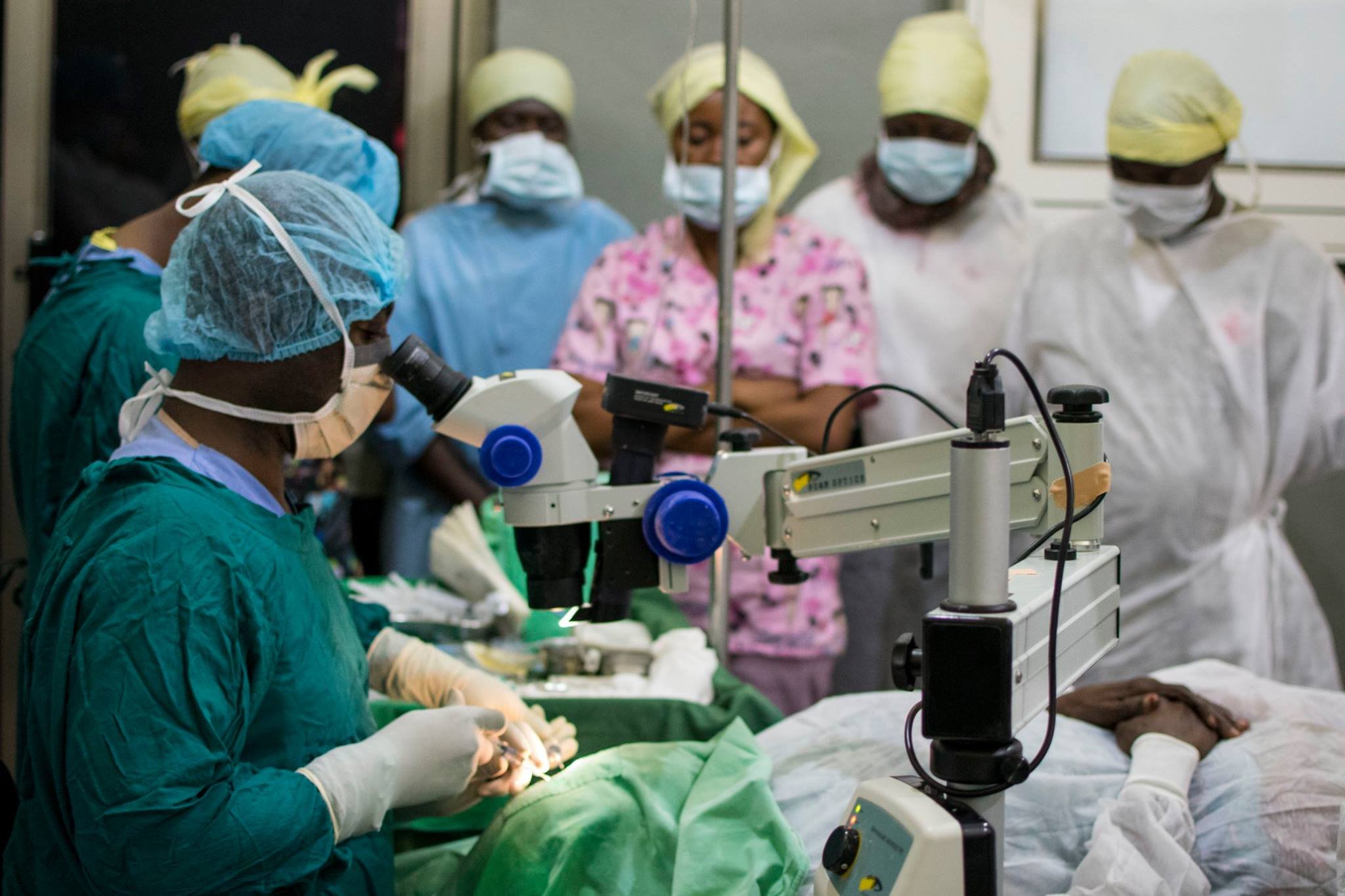
GLOBAL HEALTH RESEARCH CERTIFICATE
Module 8: Researcher Responsibilities
Researchers and Institutional Review Boards (IRBs)
Institutional Review Boards, or IRBs, play an integral role in the research process. Typically, research institutions such as universities, hospitals, and labs have their own IRBs who take on the responsibility of examining all research proposals involving human subjects and search for potential ethical violations that the researcher may have missed. In order for a researcher to conduct a study involving human participants, the researcher must first get the approval of his or her affiliated IRB before the study may begin. IRB approval protects eventual participants of the study, and it is crucial in the research planning process.
Researcher Responsibilities to the IRB
Once a research protocol has been approved by an IRB, the researcher may only make changes to the protocol with the approval of the IRB. Furthermore, if any adverse event should happen during the course of the researcher’s study, the researcher must report the event and the circumstances to the IRB.(1) The researcher is also ultimately responsible for ensuring that any and all staff are appropriately trained to conduct the study with the research protocol that has been approved by the IRB. For more information on IRB structure and specific procedures, click here to go to the US Department of Health and Human Services’ Office for Human Research Protections page.(2)
Other Responsibilities: Honesty and Integrity
Once researchers have satisfied their ethical requirements, there are still other responsibilities that they must fulfill. After the study is concluded, researchers are responsible for “working to ensure local community access to benefits following the study”(3). This responsibility is especially important when working in developing countries, as the communities in question tend to benefit greatly from individual projects.
The researcher is also responsible for the authenticity of all data and the protection of all records that exist as a result of the study. By publishing data, the researcher is making a claim as to the accuracy of that data, and scientific misconduct of any kind is considered a transgression of the highest order. Scientific misconduct refers to “fabrication, falsification, plagiarism, or other practices that deviate from those that are commonly accepted within the scientific community for proposing, conducting, or reporting research.”(4) This does not include honest error or honest differences of judgment or interpretation. However, researchers should take great care to avoid mistakes of any kind, as the implications of mistakes can be harmful to both the project and the community in which the researcher seeks to apply his or her methods.
Footnotes
(1) “Research Ethics Training Curriculum: Responsible Conduct of Research: Researchers’ Responsibilities” Family Health International. https:/./www.fhi360.org/
(2) “Office for Human Research Protections (OHRP)” United States Department of Health and Human Services.
(3) “Research Ethics Training Curriculum: Responsible Conduct of Research: Researchers’ Responsibilities” Family Health International. https://www.fhi360.org/.
(4) “Research Ethics Training Curriculum: Special Issues In Research: Scientific Misconduct” Family Health International. https://www.fhi360.org/.
